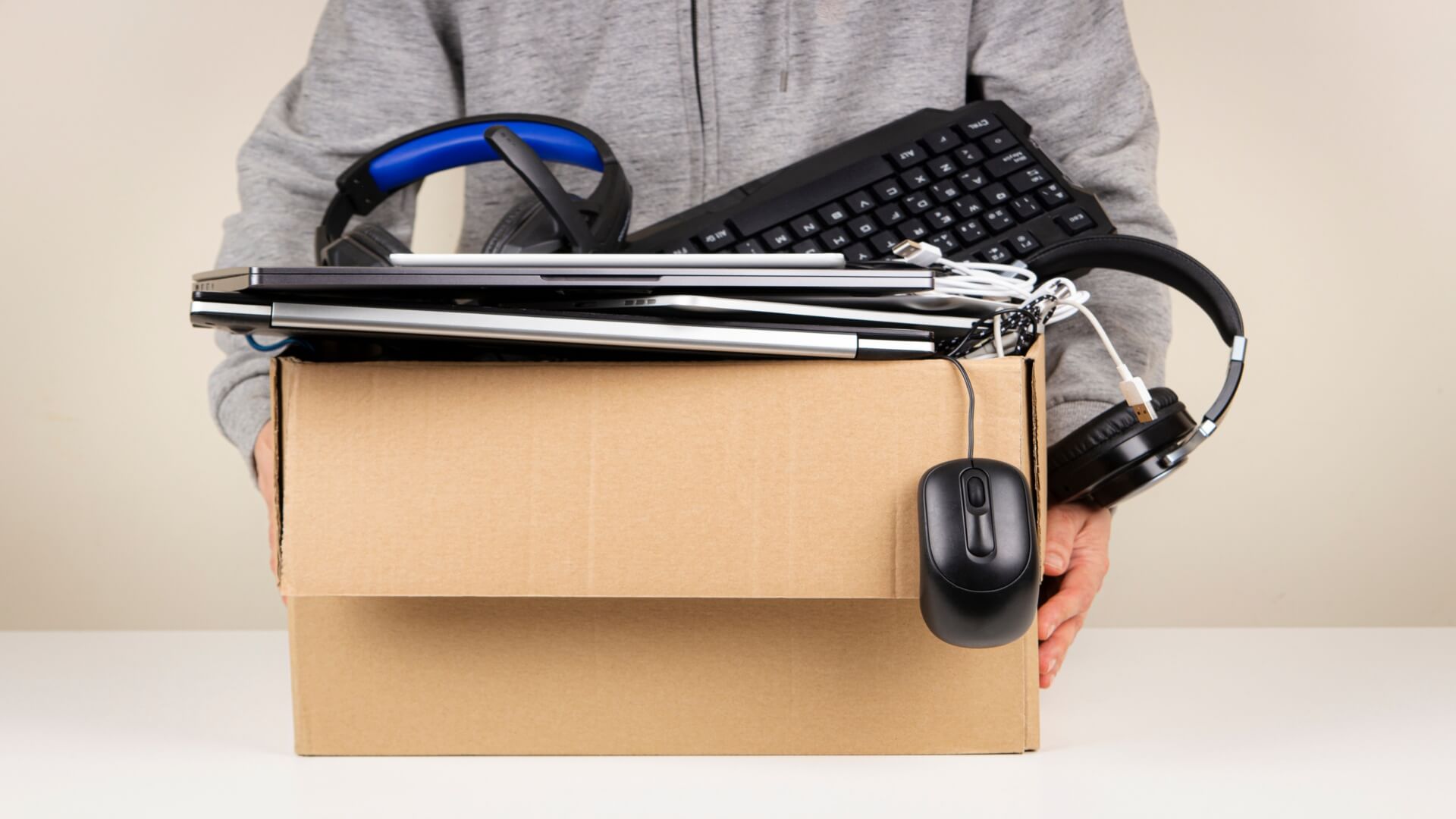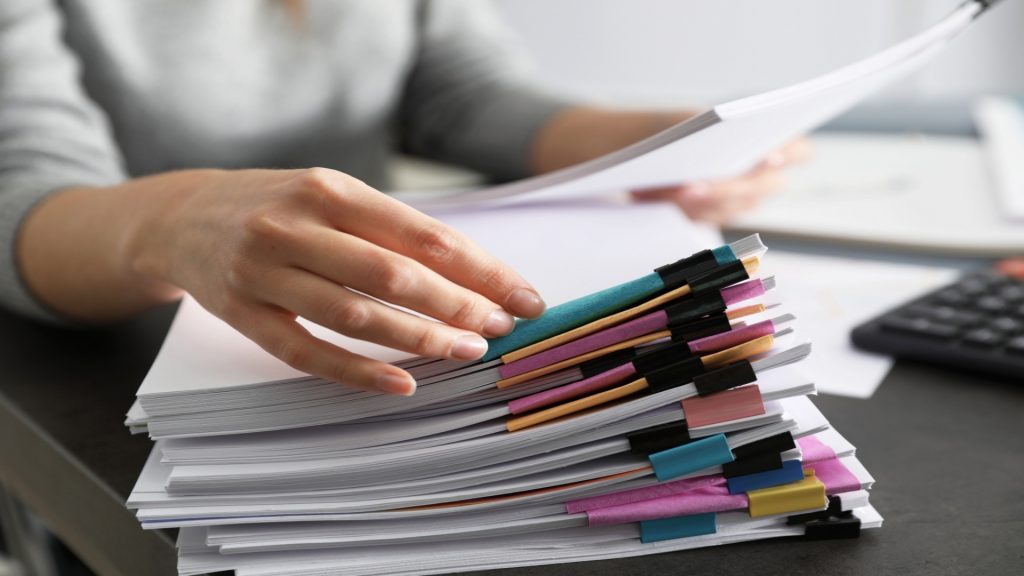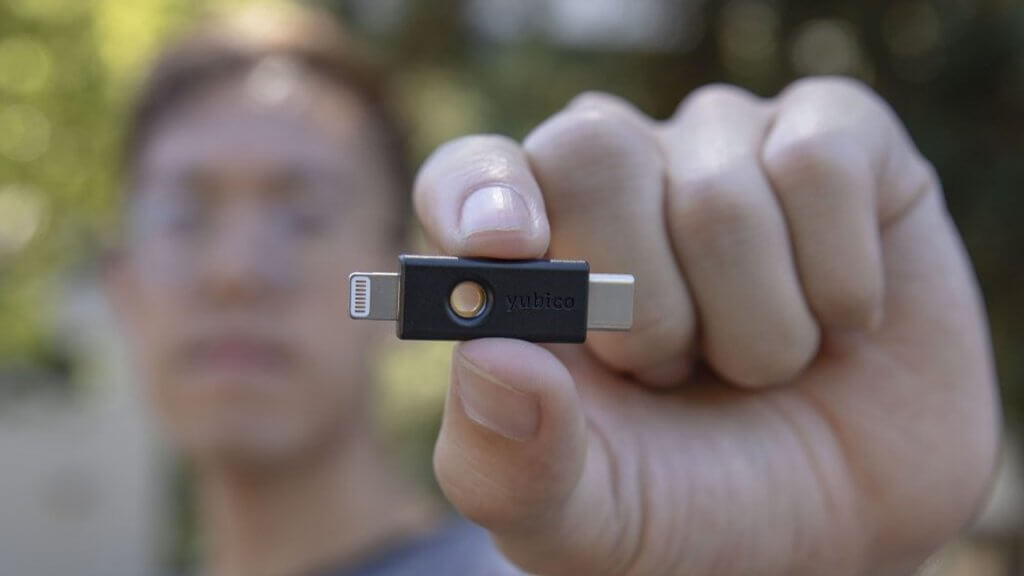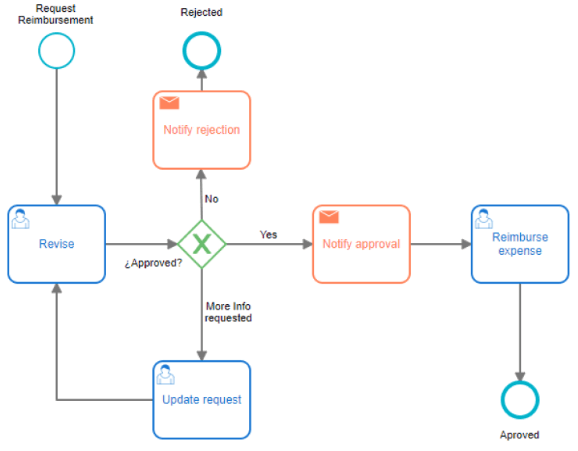
Donating office items and furniture provides multiple business benefits. These usable items often help non-profit organisations save on operational costs or pay it forward by helping needy families.
Handing out unwanted equipment and items helps reduce solid waste generation. According to estimates, worldwide municipal solid waste generation is projected to have increased to 3.4 billion metric tons by 2050—especially if nothing is done to boost the current recycling rate of less than 20%. Giving away slightly used office items creates a positive brand impression, as the public can cite you for your advocacies.
Most importantly, the business will likely be eligible for tax deductions, depending on the applicable laws in your country.
Here’s a guide to a seamless business property donation.
1. Choosing A Non-Profit
While no strict rules dictate which non-profit organisation to support, it helps if you choose an entity with advocacies that resonate with your business and customers. For instance, if your company sells children’s toys, it’s logical to donate slightly used corporate items to groups that push for children’s causes, like those who help kids with juvenile cancer.
Take time to vet the group’s legitimacy. You want to ensure that your donations directly reach those who need them. Skipping this vital step can impact your tax claim, as the relief often applies to gifts handed out to government-registered and accredited non-profits.
2. Arranging A Pickup Or Drop-Off Schedule
Once you’ve confirmed the organisation you hope to donate to, you can discuss the pickup or drop-off process. Note that groups operate differently, and some may only accept door-to-door deliveries.
On the other hand, most firms either donate because of expansion, relocation, or to prepare for new purchases. As such, they’re understandably busy. Suppose your business doesn’t have the time and resources to drop off the items. Choose charities that pickup donations to reduce stress.
3. Asking Which Items You Can Donate
Almost all charitable organisations will accept donated items, especially furniture and office equipment. These could include chairs, tables, desks, computers, copiers, filing cabinets, etc.
Non-profits reuse, resell, or recycle gifts. They could distribute the equipment to offices, community centres, low-income families, and other potential end beneficiaries. Others end up at charity auctions to raise needed funds.
Similarly, non-profits that accept slightly damaged furniture and office items will either repair, repurpose, or recycle them for their own use or for other people.
4. Ensuring The Donation Is Recorded
US-based donor companies must arrange and pay for an appraisal of furniture and items, especially if their total value exceeds USD$ 5,000. Businesses must keep the assessor’s recorded estimate to claim a tax deduction.
For more modest contributions worth more than USD$ 250, a written acknowledgement from the non-profit, stating the description of the property handed out, would suffice based on guidelines from the Internal Revenue Service. Generally, a non-cash charitable deduction of USD$ 500 or more requires taxpayers to fill out an IRS form.
Meanwhile, UK-based corporate donors can claim full capital allowances on the cost of equipment, tools, and machinery, as well as business vehicles. It allows businesses to deduct a portion or the total value of business items donated from their company profits.
Other countries may have different terms and conditions. You can ask your business accountant for tax deduction eligibility following a donation, including the records and documents you need to keep.
5. Claiming Tax Deductions
Proper paperwork means ensuring that appropriate tax forms are filled out. Visit the official site of your state’s tax agency, ideally before donating your business items, to know the guidelines and instructions. Doing so allows your business to choose the right organisation and perform the correct steps.
For instance, the IRS website has a database of accredited non-profits and requires company donors to hire an appraiser no earlier than two months before the donation date.
Tax agencies likewise impose conditions and caps on deductions. For instance, the IRS allows up to a 50% deduction for public charities and private foundations and 30% for specific non-profits. In the UK, businesses can claim capital allowances of up to GBP£1 million on particular plant and machinery items or 50% for newer equipment.
Conclusion
Donating office furniture and other items is one of the ways companies can exercise their corporate social responsibility. Handing out slightly-used office equipment helps companies and communities work together to advance their respective causes.
While it may look simple, there are complex considerations, especially if your business is eligible for tax deductions. Some points have been discussed above to guide UK- and US-based donors. However, tax systems work differently in each country, so it’s best to check with your country’s tax agency and accountant to ensure proper compliance.





















